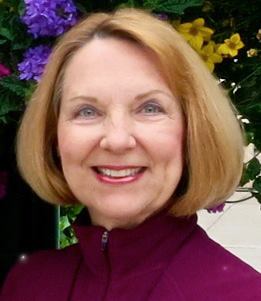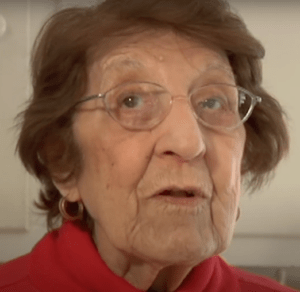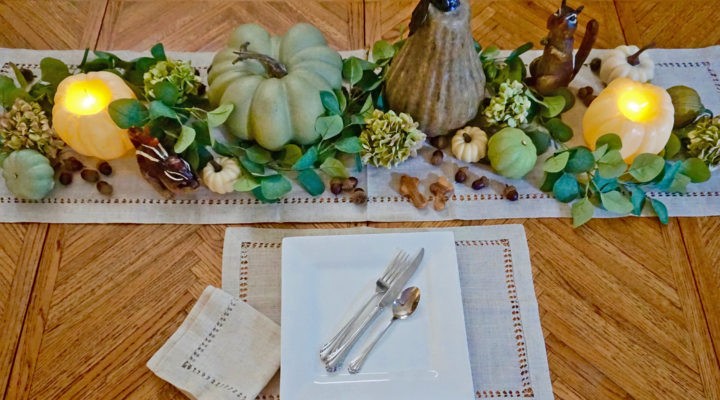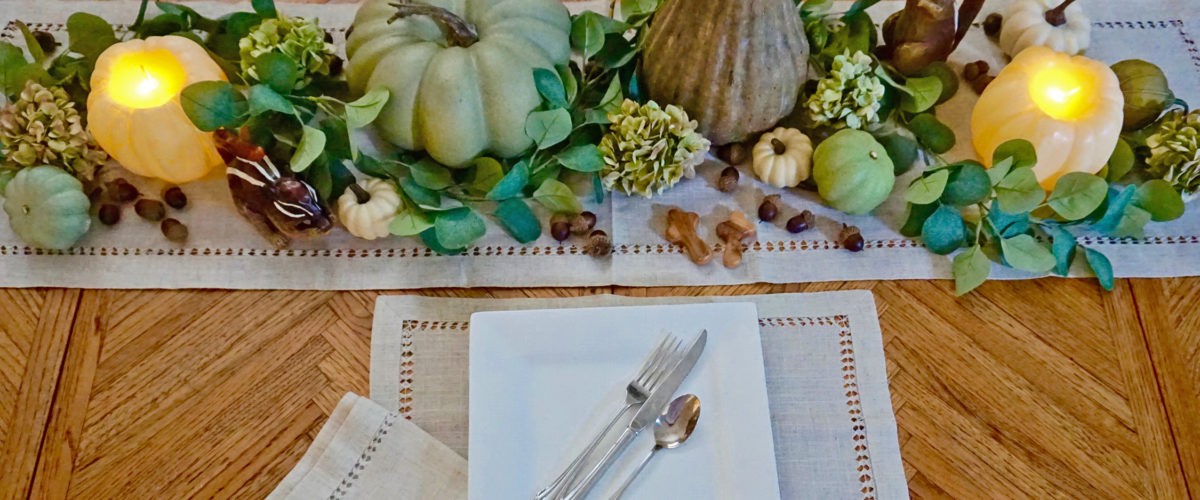As we approach the season to count our blessings and celebrate earthly abundance, for many, gratitude will be hard to find in 2020.
How is Thanksgiving going to work amid a seemingly endless pandemic with the loss of more than 238,000 American lives, the effects of raging fires and hurricanes, and economic hardships for so many? Can those whose lives are changed forever still feel grateful? These are some of the questions I ponder on my daily walks.

Phawnda Moore
Let’s face it, we’ve all known better years.
This new lifestyle, one with more solitude, is spent searching for thoughtful words and deeds to stay connected. Seeking strength for the day. When we’re on Zoom, should we blow a holy kiss to each other? Well, why not?
“Greet each other with a holy kiss” is mentioned several times in the Bible. It’s an expression, in Holy Communion, for believers to share God’s peace and grace. And it might work for online worship, or in our own space as we reflect on God’s word and promises.
“The grass withers and the flowers fall, but the word of our God endures forever.” (Isaiah 40:8)
Eternity is what we need to hold onto now. For many, life as we knew it, is on pause.
Recently, my retired husband and I visited our life in past years via scrapbooks and videos with “2020” hindsight: images of travel to national parks and distant cultures, years of assurance, good times. In contrast now, we realized they were years of abundance, and we’re grateful. Then we remembered other events in history, where a change in lifestyle was forced upon the people.
Our parents and grandparents, who’d known the Great Depression, shared stories of those frugal times. Many credited their survival with positive thinking and by focusing on what they did have instead of what they missed.

Clara Cannucciari
One spunky lady who lived through its 43 months was Clara Cannucciari. She became a YouTube success in her 90s as she demonstrated cooking, while listening to the radio, as it was done in the Great Depression: often meatless with fresh, healthy food from the earth and bread, lots of bread. Her family’s Thanksgiving menus featured chicken, endive salad, lentils and pasta, stuffed artichokes, and fig cookies.
Going further back to the 1800s, Charles Dickens said, “There’s always something for which to be thankful.”
That thought brings to mind the many selfless American heroes in service: saving lives, providing care, offering hope. We can’t thank them enough. Serving the common good in love helps us survive these times.
“The uncertainty of 2020 holidays can be a time to renew our weary spirits and invite God’s presence, just as we are.”
This year, let’s allow that a slower pace and focusing on the common good can have a meaningful outcome, even if it’s not traditional. If you’ve ever attended an hour-long prayer session at church — in the middle of the morning — you know what I mean. At first, the idea was a bit preposterous. “Set my alarm for 3 a.m.?! That’s waaayy out of my comfort zone,” I thought.
But in faith, I went. And God was there.
I never would have known that if I hadn’t shown up. The uncertainty of 2020 holidays can be a time to renew our weary spirits and invite God’s presence, just as we are. Let’s set a place at the table for God and show up in faith at Thanksgiving. “Give us this day, our daily bread.” We are all in God’s hands.
Phawnda Moore is author of Lettering from A to Z. She lives in Northern California, where she coordinates international mail art exchanges. Find her on Facebook at Calligraphy & Design by Phawnda or Instagram at phawnda.moore.
Related articles:
Four stones to support your grief this holiday season | Harold Ivan Smith
Getting into the holiday spirit is hard this year | Ella Wall Prichard
5 ways to make the holidays meaningful in 2020


